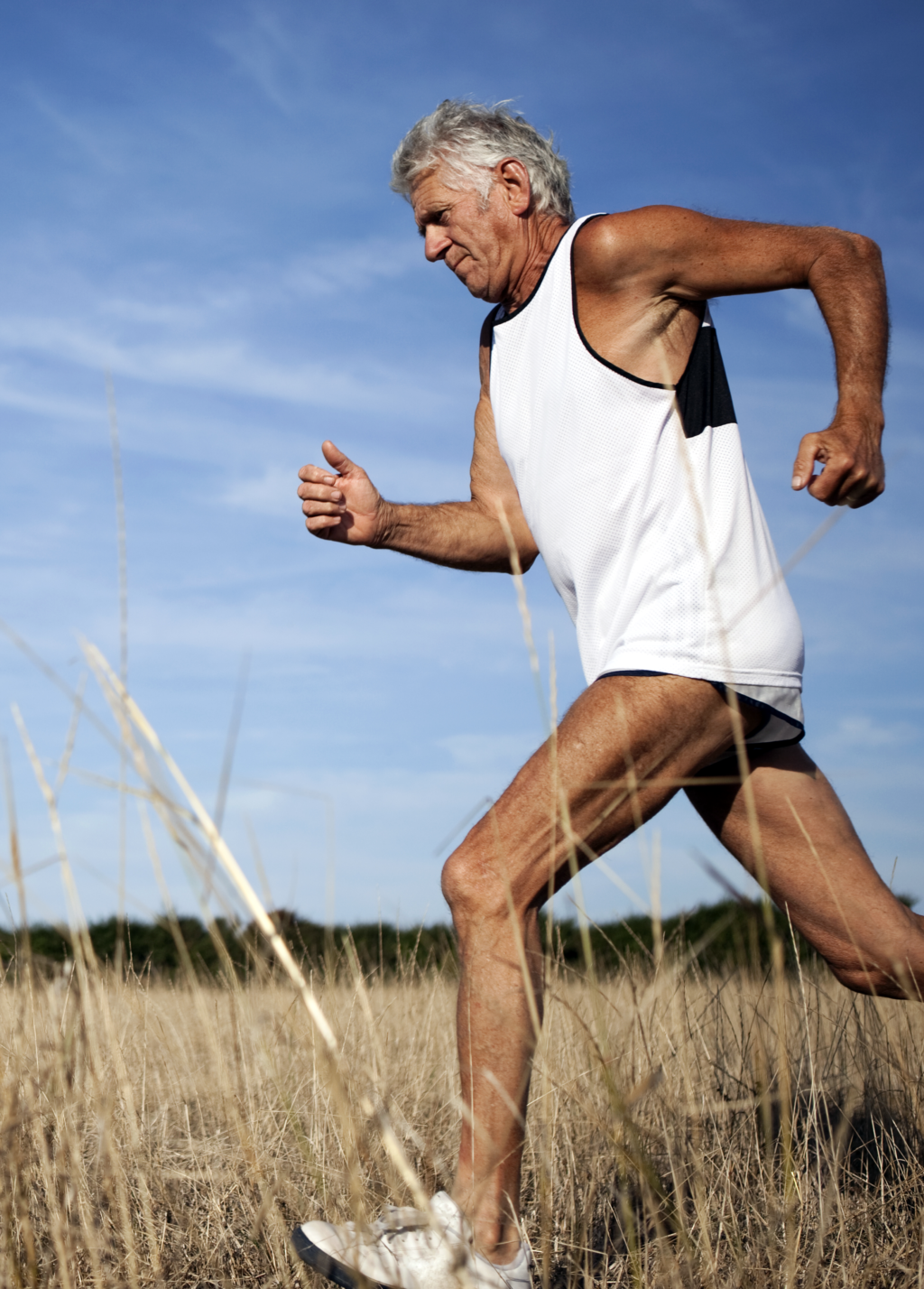They are our body’s power plant: heart and lung. The human body – also the aging one – is highly resilient. But if you stop exercising, you rapidly lose the kind of fitness that determines individual endurance performance: cardiopulmonary fitness. According to a new study, this fitness can significantly slow down aging.
Johannes Burtscher, PhD, is a researcher at the University of Lausanne, Switzerland. His main interests are in aging and age-related neurological diseases. In a study published in September 2022, Burtscher and colleagues emphasize the importance of cardiorespiratory fitness for a long life.
Cardiopulmonary fitness is strongly associated with premature mortality and disease risk. Overweight and inactive people also have a manifold risk of becoming diabetic compared with active and athletic people. Walkers, for instance, experience a lower risk for ailments like heart disease and depression.
The importance of VO2Max
It is evident that training reduction or cessation leads to a considerably accelerated VO2Max drop, the maximum oxygen uptake capacity. VO2Max describes how much oxygen we can pump to other parts of the body via the lungs and cardiovascular system. The more oxygen I can take in, the more efficient I am.
There seems to be no maximum for moderate endurance sports. According to research, just 15 minutes of moderate daily exercise reduces the risk of dying from a disease by 14 percent. However, far more exercise is optimal. For example, if you want to reduce the mortality risk for cardiovascular diseases to a maximum, you should exercise for about 700 minutes a week, and for cancer as much as 1,200 minutes.
According to the Swiss researchers, it’s that simple, really. Without regular fitness training, you will most likely die younger. When we exercise regularly, we reduce our risk of premature death by up to 50 percent. Especially running might be a fountain of youth. Older people who run several times a week actually expend the same amount of energy as much younger people who are half their age.
